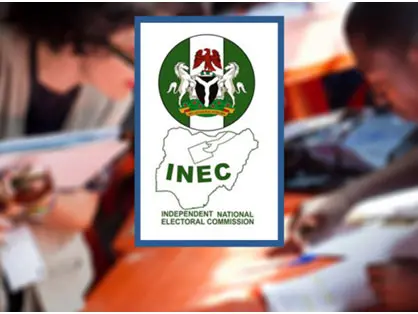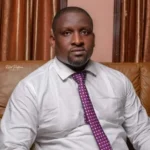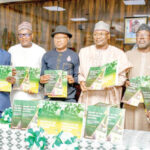Another bout of painful and expensive legal blows has just ended in Nigeria, between the winner of February’s presidential election, President Bola Ahmed Tinubu of the APC, and his two main challengers, former Vice President Atiku Abubakar of the PDP and Mr Peter Obi of the Labour Party (LP).
Tinubu was declared winner of the election after claiming 36.61% of the total 25,286,616 valid votes cast in the election. Atiku and Obi had won 29.07% and 25.40% votes respectively. Tinubu also won at least 25% of the votes in 29 states, while Atiku and Obi won at least 25% in 21 and 17 states respectively. A candidate must win a simple majority and at least 25% of the votes in at least two-thirds of the 36 states and the FCT to be returned.
However, both the former Vice President and Mr Obi had rejected the results, citing irregularities and other issues they believed disqualified Tinubu, and headed to the Presidential Election Petition Tribunal. Early last month, the tribunal had upheld Tinubu’s victory, ruling that the challengers failed to prove their claims of electoral malpractice. The case then went again to the Supreme Court of Nigeria, which last Thursday affirmed the tribunal’s verdict, bringing to a formal close the eight months’ legal tussle between the three parties.
Tinubu has since called his challengers to join hands with him to work for the country, even as they both expressed disappointment with the ruling.
Cancer: Nigerians tasked on early detection, HPV vaccination
AKK gas pipeline project to be completed by Dec 2024 – NNPC
At Daily Trust, our interest in this moment lies not with the merits or demerits of the individual political combatants in this case but with the health of the political system itself. And on this, we single out three areas of concern and possible constitutional and institutional interventions for the future.
First, we believe that to safeguard the health of our democratic system, the Supreme Court should be made the court of first and last resort for all future presidential elections. After a presidential election, all petitions against the results by any parties should head straight to the Supreme Court, which in turn, should be able to decide the cases definitively within a period of 30 days.
The way legal fisticuffs drag on for months after a presidential election in Nigeria, some of them based on rather thin legal grounds as many experts have said, is poison to Nigeria’s democratic chalice. It robs the winners of the full legitimacy they need to govern at home, and weakens their position among peers on the global scene. It breeds political cynicism in the citizens which in turn fuels the ever-worsening voter apathy in the country, where just about 30% of registered voters bothered to participate in the process in the last two general elections for example. And above all, such long-drawn legal challenges do little to deepen our legal and political systems.
Second, all attention needs to be focused on deepening the institutional mechanisms around our elections. The Independent National Electoral Commission, INEC, has not always lived to the expectations of Nigerians. It has superintended over some of the worst elections in Nigerian history since its inception on the eve of the current dispensation in 1998. Yet, there is strong evidence that since at least 2010, INEC’s methods, processes, and procedures have markedly improved the integrity of its general and off-season elections.
The 2022 Electoral Act signed by former President Muhammadu Buhari last year has also strengthened not just the independence and capacity of the Commission, but has also introduced new rules that, before this year’s election at least, most observers agreed would help deepen our electoral system. It therefore behooves all actors in the political system—political parties, politicians, civil society organizations, media, and voters, work to further consolidate on the gains in order to make future elections even more credible and acceptable.
Most importantly, Nigeria needs a whole new political culture around elections. Political parties, politicians and voters must realize that they are also responsible for a lot of the problems with our election. Elections in Nigeria are among the most expensive in the world because a large chunk of the election budget must go into paying for security, for printing expensive ballot papers, and more. Nigerian elections also involve the deployment of soldiers and policemen, perhaps more than in any other country in the world. Also, election results are subject to litigations, perhaps more than in any other country in the world. It is politicians, their parties and supporters who stuff ballot boxes with fake ballot papers, it is they who encourage under-age voting and who entice voters to sell their voters. And it is they who recruit thugs to suppress voters or engage in other acts of election violence.
For Nigeria to have freer and fairer elections in the future, all these things must cease, and politicians must play their part too. Therefore, as Nigeria looks to move beyond this contest to the next, all actors must work towards giving the country a whole new approach to elections. Our country deserves it.

 Join Daily Trust WhatsApp Community For Quick Access To News and Happenings Around You.
Join Daily Trust WhatsApp Community For Quick Access To News and Happenings Around You.

